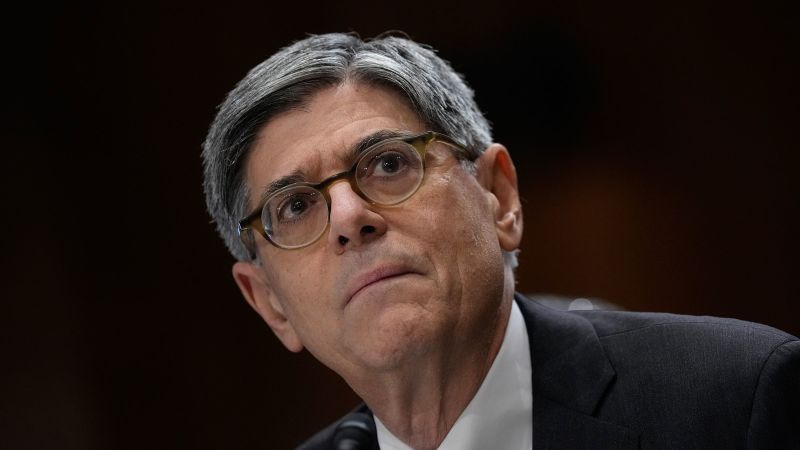The Senate Foreign Relations Committee voted 12-9 to advance the nomination of Jack Lew to be the US ambassador to Israel, according to a person in the room during the vote, despite Republican opposition over Lew’s involvement with the nuclear deal with Iran when he served in the Obama administration.
Chairman Ben Cardin said he hoped Lew’s nomination would move “quickly” to a full Senate floor vote, and Majority Leader Chuck Schumer could file cloture on the nomination as soon as Thursday.
“In my conversations with Senator Schumer, he was wanting to know how quickly I could get the nomination out of committee,” said Cardin.
Lew advanced on a party-line vote, except for Republican Sen. Rand Paul, who voted with Democrats in favor of his nomination.
Cardin said there are conversations going on about other Republicans potentially supporting Lew in a floor vote, and that there is still “broad” support for Israel in its fight against Hamas despite the divided committee vote.
Last week Lew, defended his record related to the Iran nuclear deal during his confirmation hearing, making clear that he believes the US is dealing with “an evil, malign government that funds its evil and malign activities first.”
Lew was grilled by Republican members of the committee, particularly over questions related to his role in lifting sanctions against Iran as part of the 2015 nuclear deal. He was also pressed on whether the Biden administration can prevent Tehran from using funds returned by the US with the lifting of additional sanctions for malign activities.
Sen. Jim Risch, the top Republican on the committee who voted against Lew, said after his confirmation hearing last week there were “real problems with Jack Lew.”
“I believe that the best you can say about it is he misled congress badly in operation of the JCPOA and indeed assisted Iran in accessing the US financial system when he had promised us, sitting in the same chair, that he would not do that,” said Risch. “Big problem.”
Lew played a key role in the original Iranian nuclear deal in 2015, which Israeli Prime Minister Benjamin Netanyahu fiercely opposed, saying it gives Iran a clear path to an atomic arsenal. Former President Donald Trump withdrew from the deal in 2018, a move that was supported by Israel.
Read the full article here
